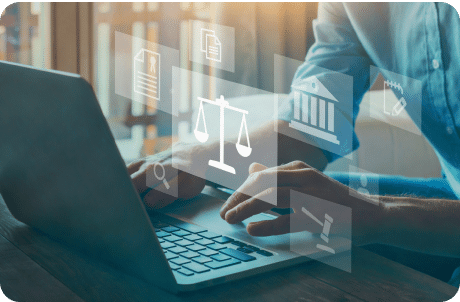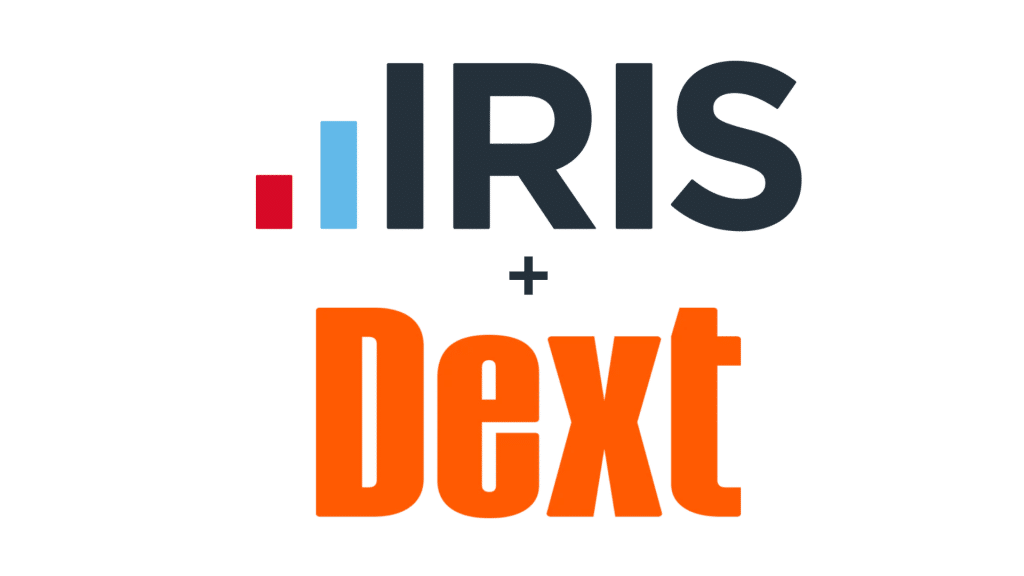Bigger, faster, stronger: how accountants can tackle 2025’s biggest challenges
Updated 27th March 2025 | 9 min read Published 27th March 2025

For accountants, there’s no way around the challenges of 2025. The only way is through.
So the question is how to tackle its headline issues – and harness technology – to make you bigger, faster, stronger, and more productive.
In this blog, we look at the challenging landscape, technological advances, and what areas of focus could help your firm thrive this year.
Meeting the challenges of the current accounting landscape
What are some of the biggest challenges accountants will face in 2025?
Let’s start with your team. Hiring and retaining staff is still an issue. If you want to expand your workforce, it’s incredibly difficult to find and keep the right people.
That’s unfortunate because you might rely on great staff to meet another challenge; clients need more from their accountants. Like you, they are handling an uneven financial climate, and that means they want tailored advice on where to place their efforts and investments. They want a partner to help them with their strategy.
The dizzying pace of technology in 2025
All the above is happening against an exciting technological backdrop. According to the World Economic Forum, 47% of work is performed by humans, 30% by a blend of technology and humans, and 22% solely by technology.
By 2030, it is anticipated that 33% of work will be performed by humans, 33% by a blend of technology and humans, and 34% solely by technology.
This shift means that solutions need to feel less like tools and more intuitive, enabling accountants to integrate these advancements seamlessly into their daily operations.
Striking a balance between people, technology, and implementation know-how will make all the difference this year. For example, AI can take tasks off your hands or be a data protection minefield if you don’t do your homework.
Four key areas to focus on in 2025
We understand, then, the direction of travel for accountants, their clients and the pace of technological advancement.
But what might your priorities need to be this year?
Being smart with cybersecurity
As technology plays a greater role, so does cybersecurity.
According to PwC, accountants are 30% more likely to suffer a cyberattack, with a 300% increase in attempts on firms since COVID-19.
So many of you will want to revisit your security foundations. It’s essential to see what tools and methodologies will add extra layers of protection. For example, are your systems using modern encryption and cloud portals to transfer data? How recently did your team undergo training on best practices?
Rob Case, Partner, Randall & Payne, said training and technology were necessary in the battle against hackers. “The challenge often is that humans are the biggest risk when it comes to these matters, be it malicious email or a member of staff clicking on something that they shouldn’t,” he said. “This is driving the way we communicate with clients, making sure that we’re using secure technology like encrypted portals. It’s expected of us now.”
Finding ways to attract and nurture top talent
In the battle to find and retain talent, savvy and determination won’t be enough; used in isolation, they don’t keep things sustainable for the firm or the workforce it hopes to employ.
Rather, systems must make it easy to approve and post job advertisements, sift candidates and then look after the successful applicant throughout their employee lifecycle. This last point is important. The easier you make life for your staff, the more likely they will stay.
These systems can also help track the learning and development of employees. As the landscape continues to shift, it’s important to widen staff skillsets – for example, to help market your business and implement new technology. Rob Case said, “I think the bigger challenges include giving the new trainees the skills they need” when software covers the basics. He said that bringing trainees into the firm’s culture and processes makes a huge difference; from inclusion in meetings with clients to looking at confidentiality, IT security, policies and procedures, it’s important to “live it, breathe it and see how it works – because that way you can make the most out of your career”.
This helps to improve the feel-good factor, but what else can you do in 2025? Flexibility is now something many staff consider when deciding on their career trajectory. Can they take their work wherever they need (or want) to be, for instance?
Finding time for advisory and niches
Many accountants are looking to deliver more higher-value advisory work and other premium services. The result is the ultimate ‘win-win’: accountancy firms bring in more money thanks to this lucrative work, and clients have a strategy and the reassurance they need in a volatile financial climate.
So, how are accountants making time for this?
One way is through automation. For example, they are getting rid of manual legwork, such as chasing clients for details, by letting software handle it. They also sync their accounting software and other solutions to share data safely and ensure there’s no time lost re-entering figures.
When in front of the client, they can also use the latest technology to help present the best possible insights.
Finding a niche or specialism is also important. Grace Hardy, Founder of Hardy Accounting, said, “We started working with a lot of sole traders and then limited companies, and we’re now moving into helping startups get ‘investor ready’.”
She added, “Once they finish their fundraising round, we thought: how can we create good investor packs for them? They have different types of investors with different needs. Some of them want monthly reporting; some of them want quarterly. That’s a new skill set that we’re moving into now.”
Consider using AI (the safe way)
It feels like an understatement to say people are talking about AI in 2025.
But it’s important not to get carried away.
First, consider the areas where you want to use AI – especially the ever-popular Large Language Models (LLMs) like ChatGPT or Microsoft Copilot.
Think about using it to take care of work that would otherwise distract you from what you do best. That could include crafting emails, drafting marketing content, or finding ideas for that perfect LinkedIn post. Grace Hardy said, “I’ve been using AI for a very long time.
“I’m severely dyslexic, so I’ve been using it in terms of helping me write emails, as well as spelling and checking,” she said. Furthermore, it plays a role in winning new work. “My firm also uses it to write email marketing, blogs and to come up with content ideas,” she said.
With AI, safety is everything. It’s not always clear how some of these applications use data, so check carefully. Make sure nothing personal, sensitive or identifiable is being used by the AI for its training. Furthermore, take a deliberate step-by-step approach to see how it can best work for you.
Find out more about productivity in 2025 – watch our webinar
This blog represents just a small part of a 90-minute discussion on the big challenges and productivity opportunities for accountants in 2025.
Our webinar, Smarter, faster, stronger: redefining productivity for accountants, will help you navigate these changes, become future-proof, and create a strategy focused on productivity.
The webinar covers:
- AI and cloud technologies: Discover how AI revolutionises tasks – and how cloud-based solutions empower real-time collaboration.
- Cybersecurity challenges: Learn how to protect your digital systems and ensure compliance.
- Talent and skills development: Hear about strategies to attract, retain, and upskill your workforce for 2025 and beyond.
- Specialisation and advisory roles: Understand the importance of specialised services, such as tax advisory and forensic accounting, to meet clients’ evolving needs.
Don’t miss this opportunity to stay ahead of the curve and ensure your firm is prepared for 2025 and beyond.





